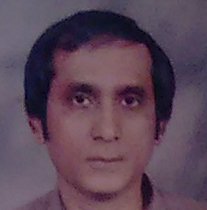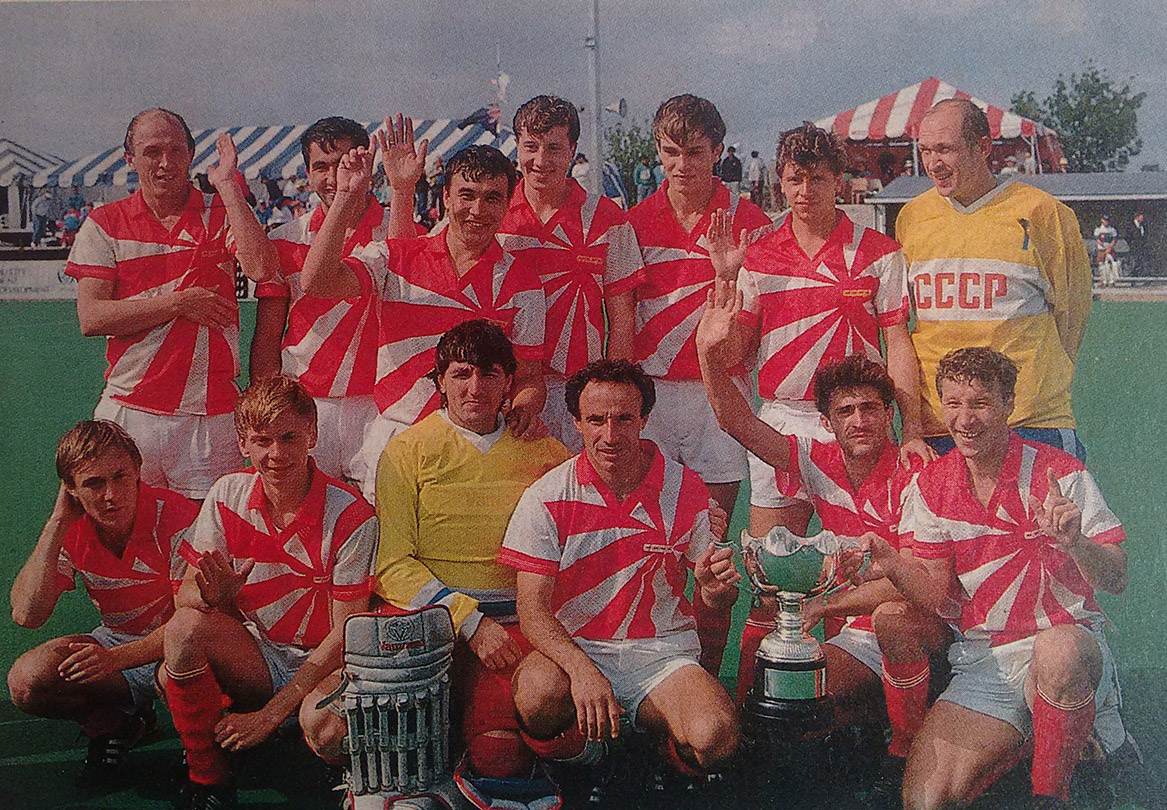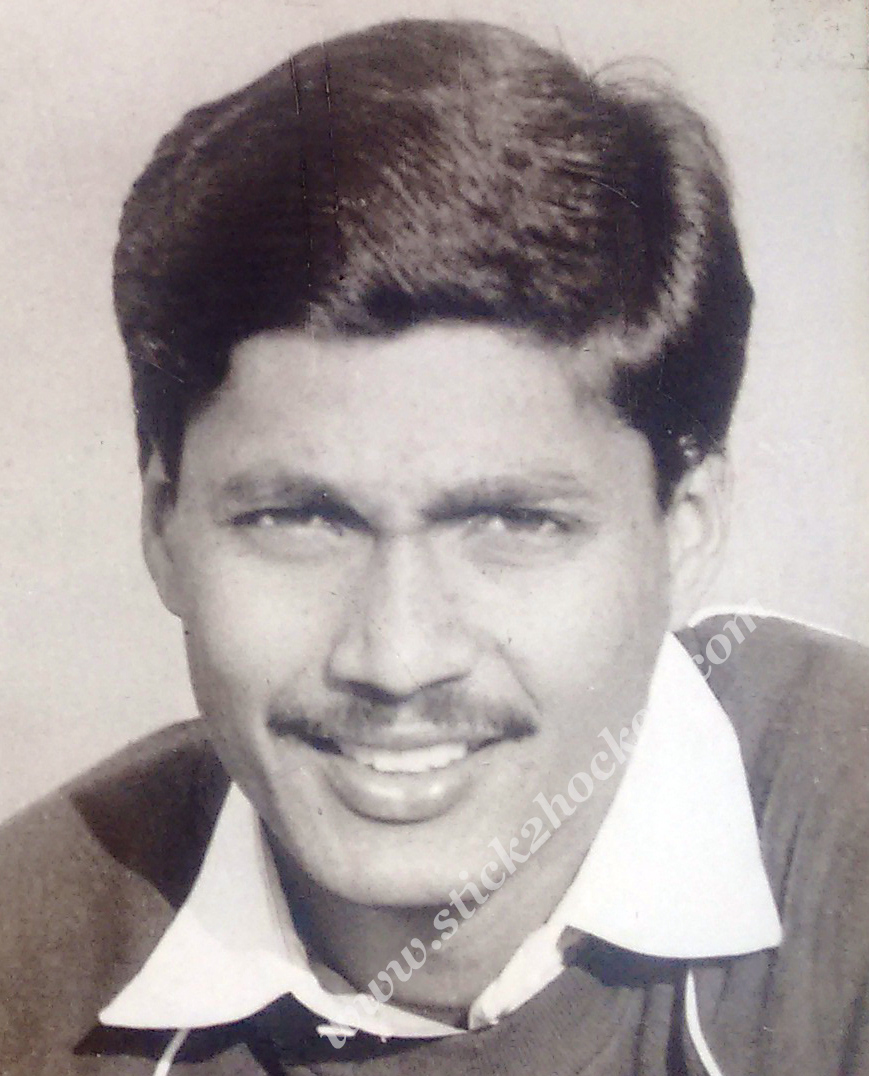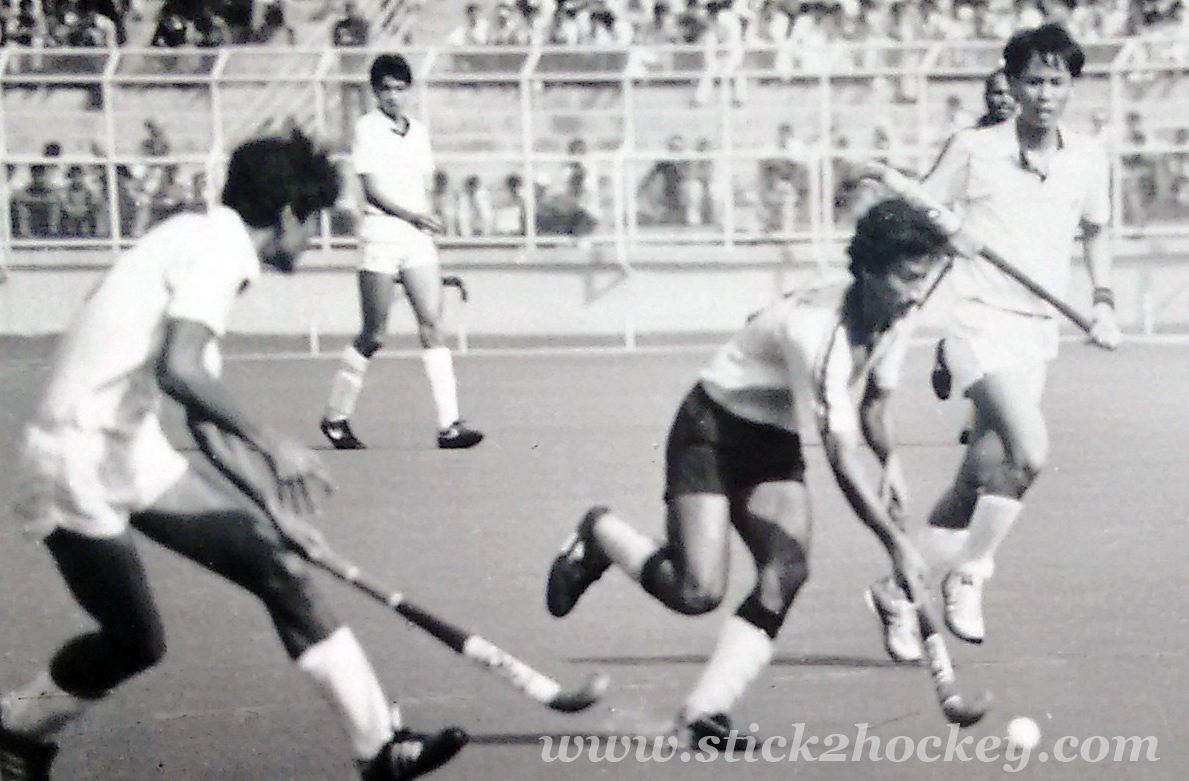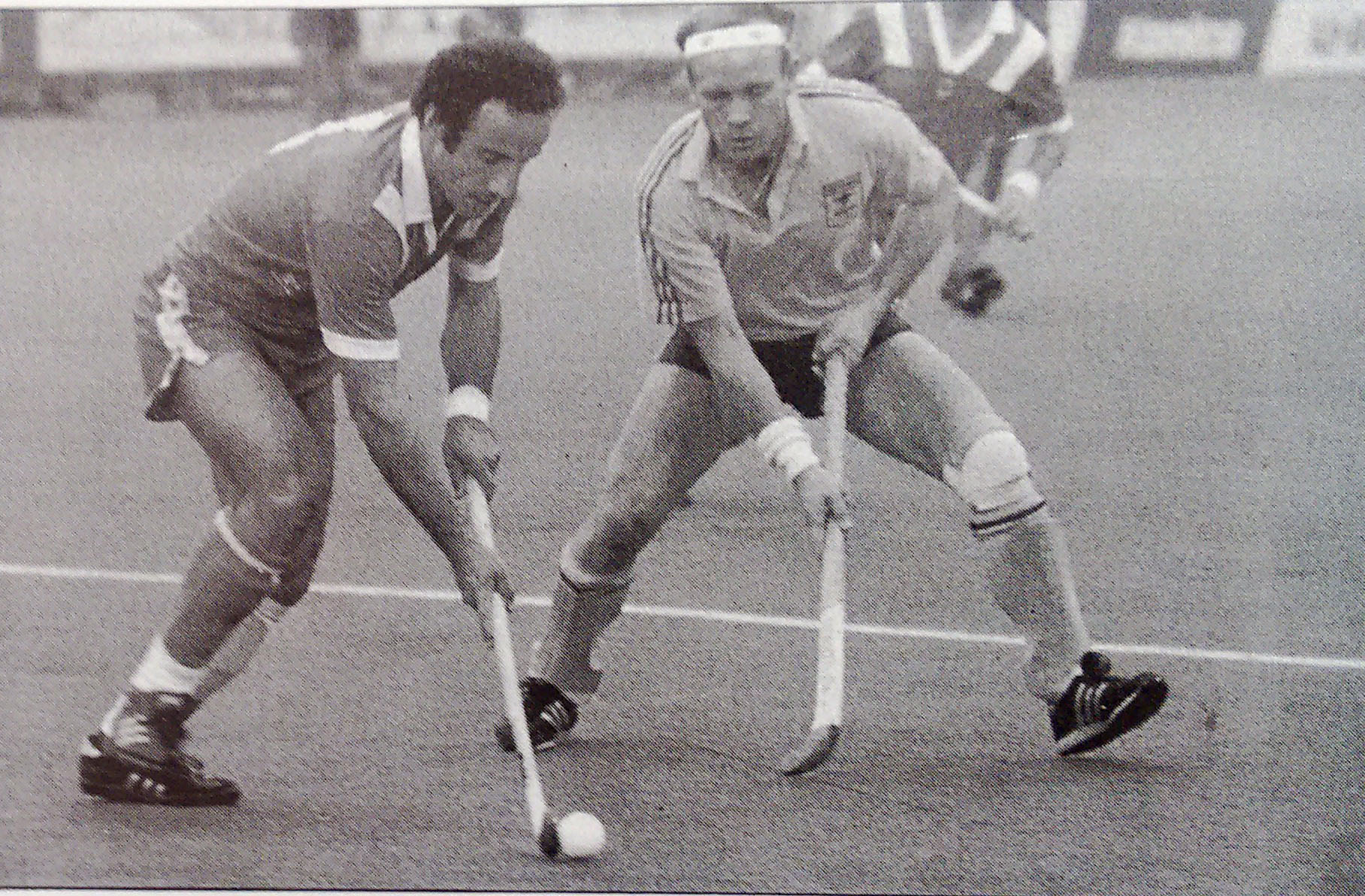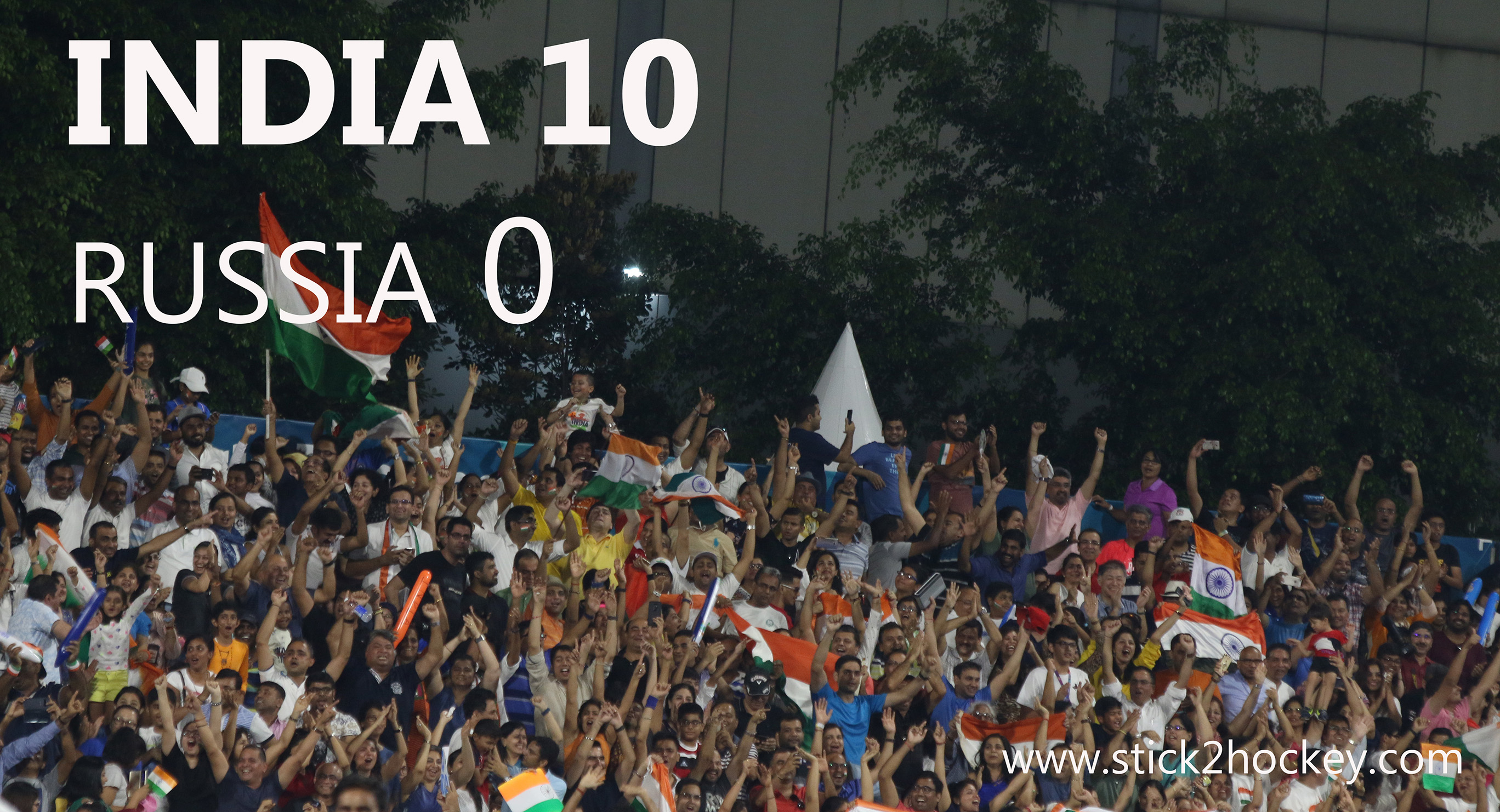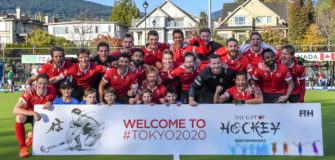Share
The erstwhile Soviet Union was often inaccurately referred to as Russia. Especially when it came to sports. So, when India drew Russia in the men’s Olympic hockey double-legged qualifier, correct or not, one was tempted to recall past battles against the former Union of Soviet Socialist Republics (USSR).
One encounter rankles till this day if you are Indian and old enough to remember.
And for two Indian stalwarts of yesteryear, it brings remorse and thoughts of what might have been.
M.M. Somaya, is one of them. The other is Mervyn Fernandis, his Mumbai citymate.
The match in question – the opener against the former Soviet Union at the 1988 Seoul Olympics.
Igor Davydov’s field goal in the first half settled it. A 0-1 loss piled on the pressure at the very start of a tough tournament for India, still reeling from last place at the 1986 World Cup.
“It wasn’t a crunch match,” Somaya, the cerebral right-half and captain in Seoul recollected.
“We regarded (West) Germany and Great Britain as the main threats.”
Somaya, 60, however refutes any notions of complacency.
“Sure, we could have prepared ourselves better for the Soviet match,” he said.
“We knew their capabilities and were fully aware of their remarkable consistency.
“The USSR stretched the Netherlands in the Euro 1983 final, losing only in the tiebreaker in Amstelveen.
“They also reached the 1986 World Cup semifinals in London and were Olympic bronze medalists at Moscow 1980,” Somaya recounted.
Indeed, the USSR of those times were in a different class from the current Russia.
The fragmentation of the Soviet Union took its toll across, not just hockey, but the whole spectrum of sport.
Russia, ranked No. 22 in the world today, doesn’t feature in Europe’s top tier. And India (No. 5) have dominated encounters, winning all five with a 30-7 goal record which includes a 10-0 verdict at the FIH Series Finals in Bhubaneswar in June.
Fernandis, the mercurial inside-right who made a comeback into the side in 1988, however, feels that playing in an event such as the FIH Series Finals and the Olympic qualifiers are totally different propositions.
“India would need to score early, even perhaps twice before halftime, to reduce the pressure that an Olympic qualifier brings,” the 60-year-old former Indian Airlines star said.
The duo recounted how the defeat to the USSR in the Seoul Opener proved crucial in the final analysis.
India had five points going into the last match against Great Britain and could have squeaked into the semifinals had they won their opener against the USSR as was the widespread expectation.
Britain scored three unanswered goals in the second half to win 3-0 and make the semis at India’s expense en route to winning the Olympic gold medal.
“The defeat to the USSR in the first match was an unexpected setback but we recovered to draw 1-1 with Germany in the next match,” Somaya recalled.
Further wins against South Korea (3-1) and Canada (5-1) indicated that the team took the opening setback in their stride.
“But after holding Great Britain goalless at halftime, we committed defensive errors and were punished by an impressive British side which boasted of the legendary Sean Kerly who scored twice against us,” Somaya said.
India eventually finished sixth after losing to Pakistan 1-2 in a classification match – a rung above the USSR — and the performance was largely hailed as a fine recovery from the disaster of London two years prior.
The duo found it difficult remembering the names of the Soviet players of that era.
But they described two brothers – a striker and a goalkeeper – who were undoubted stars of the USSR exploits in the 1980s.
They were Vladimir (in goal) and Sergei Pleshakov who Somaya recalls was a player difficult to mark and therefore a constant threat to any defence.
Vladimir was a pioneer of the “Star Wars” apparel that modern goalkeepers don and a headache to the rule makers with his controversial rush and prostrate position to block penalty corner hits at the 1982 Mumbai World Cup.
Another player to stand out was an indefatigable midfielder called Sos Airapetian, an Armenian not Russian, and one of a host of players produced by the Dynamo Alma-Ata club.
The USSR developed a team for the 1980 Olympics at home in Moscow, exceeding all expectations while becoming a force to reckon with in international hockey.
“Of course, we dominated meetings with the USSR,” Somaya points out.
“It could well have been because we knew their game well as our nations were close allies and cultural and sporting exchanges were frequent.”
India beat the Soviet Union 4-2 on their way to the gold medal in the 1980 Olympics – their last of eight titles at the Games.
They also held sway over the USSR at the 1982 Mumbai World Cup (7-2 and 5-1) and the 1982 Champions Trophy (4-2) in Amstelveen.
So, when it came to the Seoul opener the team could be forgiven for fancying a collection of full points.
That was not to be.
Perhaps if the current India side were given a peep into history, presumptions if any of an easy victory against a Russian side that isn’t in the same class, may be staved off.
The Russians may have started off disastrously in Bhubaneswar at the FIH Open Series Finals but bounced back with a 12-1 win over Uzbekistan before finishing fifth with a repeat 3-2 win over Eastern European rivals Poland.
Russia made the qualifiers only because Egypt pulled out.
After the Soviet Union split, it was an interim team called the Commonwealth of Independent States (CIS) that entered the 1992 Barcelona Olympics.
The CIS was a regional inter-governmental organization of originally 10 post-Soviet republics in Eurasia formed following the dissolution of the Soviet Union.
Bhubaneswar thus gives Russia a chance to feature as a separate entity at the Games for the first time ever.
The weather in November will be far better than the heat and humidity during their opener in June.
And, with an Olympic place at stake, Russian adrenaline will be flowing.
India, despite vociferous support in the stands, will be all too aware that their tickets to Tokyo won’t be booked by little more than turning up on the blue turf at the Kalinga stadium in a double legged qualifier on November 1 and 2.
With echoes of Seoul 1988, so would Somaya and Fernandis.
PIC from top>
Author Errol D’Cruz
Victorious team of USSR in the late 80s and early 90s
Triple Olympian and inside-forward Mervyn Fernandis
Seoul Olympic captain MM Somaya in action in Mumbai WC
Soviet’s livewire Sos Airapetian (left) playing against another legend Ric Charlesworth
Symptomatic of Russia’s decline and rise of India. Score at Bbhubaneswar FIH Series Finals 2019


